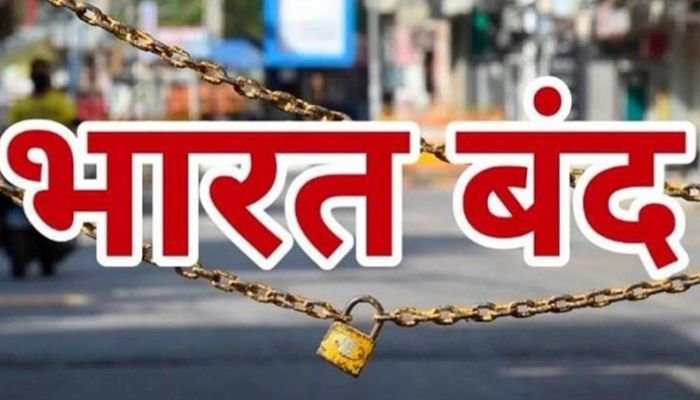Bharat Bandh on July 9: What’s Open, What’s Closed as 25 Crore Workers Join Strike
Banking, postal, transport services to be affected; schools, private offices to function normally

A nationwide Bharat Bandh has been called on Wednesday, July 9, by a joint forum of 10 central trade unions. More than 25 crore workers are expected to participate in the general strike, affecting multiple public sector services across India. The protest is aimed at what the unions call “anti-worker, anti-farmer and pro-corporate policies” of the government.
Why is Bharat Bandh being observed on July 9?
The forum of central trade unions has said that the bandh is in response to the government’s continued neglect of labour rights, including the absence of the annual labour conference for the past decade and attempts to enforce the controversial four labour codes. The unions allege these policies are weakening collective bargaining, curbing union activities, and favouring big employers under the banner of “ease of doing business.”
The unions are also raising concerns over rising unemployment, inflation, wage cuts, and reduced government spending on essential services like education, healthcare, and basic infrastructure.
Services likely to be affected
The following sectors are expected to see major disruptions during the Bharat Bandh:
-
Banking and insurance services
-
Postal services
-
Coal mining and industrial factories
-
State transport buses
-
Government offices and public sector units
According to the All India Trade Union Congress, farmers and rural workers will also join the protest, making it a pan-India movement.
What will remain open on July 9?
Despite the bandh, the following will likely remain unaffected:
-
Schools and colleges
-
Private sector offices
There has been no official call for a railway strike, but train delays or disruptions may occur due to protest-related blockades in certain areas.
Broader concerns of the protesting workers
The forum also criticized the hiring practices in government sectors. It highlighted a trend of reappointing retired employees in departments like Railways, NMDC Ltd, and educational institutions, instead of creating regular job openings for the country’s youth. With 65% of India’s population under 35, the unions argue that this policy is fueling record-high unemployment in the 20–25 age group.


